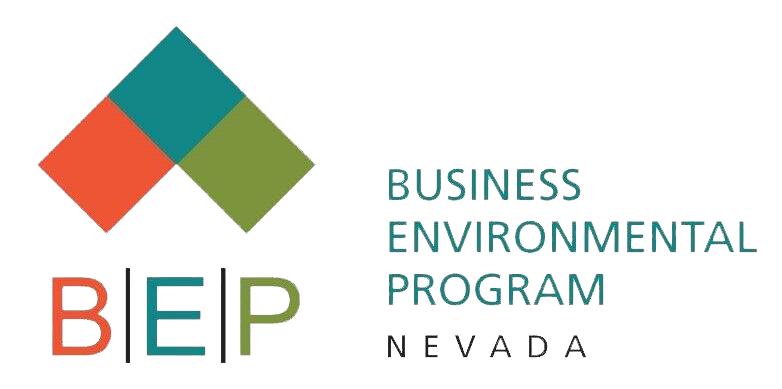US EPA TSCA Fees Rule Revisions Webinar & Public Comment
December 6th, 1:00 pm – 2:30 pm EST On December 6, 2022, from 1:00 p.m. to 2:30 p.m. EST, the US Environmental Protection Agency (EPA) will provide updates on proposed revisions to the 2018 Toxic Substances Control Act (TSCA) Fees Rule. The webinar will also give the public an opportunity to comment on the proposed changes. Read a summary of the proposed revisions. CLICK HERE to register for the free webinar. If you would like to provide oral comments during …
Read MoreUS EPA TSCA Fees Rule Revisions Webinar & Public Comment
